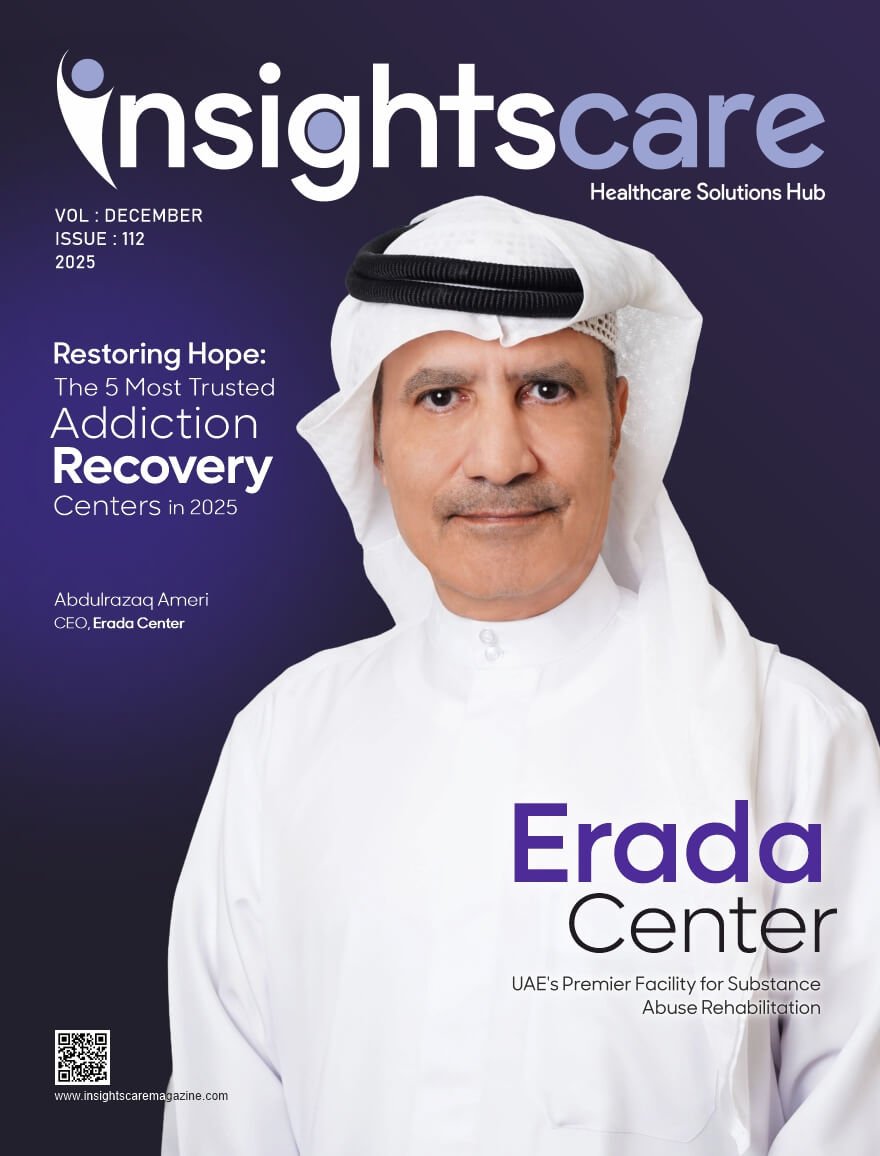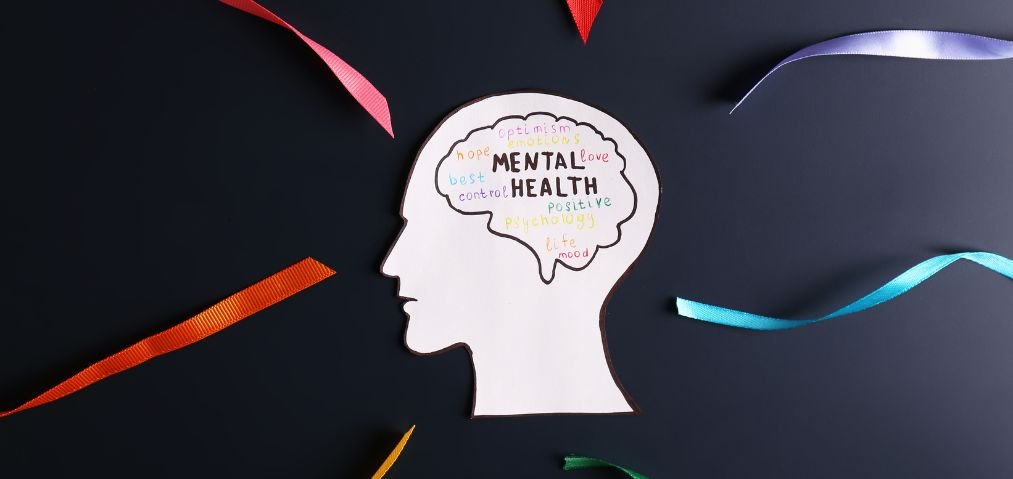Mental Health – A Subtle Revolution Awaiting to Be Heard
Mental Health is no longer a whispered issue that must be discussed in hushed tones behind doors. It is now one of the most fundamental dialogue of our times, dictating how we live, how we communicate, and how we evolve as a civilization. After the revolution of technology and unprecedented connectivity, mental illness is a silent struggle for millions of people. From depression, anxiety, burnout, and trauma, mental illness reaches into the lives of people from all walks of life — but awareness and support are lagging.
If we are going to leave our mark on a healthier tomorrow, then first we have to find out what mental health really is, how it impacts our everyday lives, and what people, communities, and institutions need to do to promote and protect it.
Why Mental Health Is More Than the Lack of Illness
Simply put, mental health is not the lack of mental illness. It is a term used to define a state of emotional, psychological, and social well-being. In balance, it enables one to cope with stress, succeed at work, achieve healthy relationships, and make effective decisions for life.
Poor mental health may take subtle, to the point of overt forms — from indifference to chronic depression, irritability, or even somatic complaint like fatigue and insomnia. But they hide behind the scenes, dreading stigma or censure, particularly at work and in school.
Early Warning Signs of Mental Health Disorders
Early detection is perhaps the most effective means of offering improved mental health. Warning signs are:
- Forced unhappiness or despair
- Withdrawing from friends, family, or activities
- Suddenly getting hungry or sleepy
- Trouble concentrating or making decisions
- Experiencing pains for which there is no cause found in the body
Heeding these symptoms isn’t weakness — it’s self-knowledge. Skipping them early may turn into worse diseases later.
The Role of Lifestyle in Mental Health
Where treatment and medication are required, lifestyle behavior is inextricably linked to mental health. It’s possible to develop some positive but easy habits that will enhance resilience and emotional well-being:
- Sleep: Have 7–8 hours of high-quality sleep. Intermitting or poor sleep directly affects intellectual function and mood.
- Nutrition: Healthy intake of fruit, vegetables, omega-3 fatty acids, and protein can optimize brain function and depression symptoms.
- Exercise: Endorphins are released, cortisol is reduced, and mood stability is enhanced.
- Digital Detox: Too much screen time, in particular social media, has been shown to contribute to anxiety and low self-esteem. Boundaries must be set to take back control.
Mental Health in the Workplace – A Cultural Shift Is Needed
Company culture is changing, but gradually. Employers must realize that mental health support is not a nicety — it’s a necessity. Cross-country surveys indicate that almost 1 in 5 employees suffer from mental distress but fewer than half of them are getting proper assistance.
Innovative organizations are combining mental health schemes, adaptable working, and counseling as best practice. Freethinking, mental-health days, and training managers to recognize signs of distress is a good start.
Curving the Stigma Around Mental Health in Schools
Schools are finally recognizing the value of pupil welfare. Exam pressures, social comparison, and not knowing what the future holds weigh heavily on the teenager’s mind.
Schools and colleges must give top priority to mental health through provision of secure environments, peer networks, and uncomplicated access to professional counselors. Even more importantly, an empathic curriculum fostering emotional intelligence in early childhood can in a sense produce revolutionary changes in the very attitude of future generations to mental wellbeing.
The Power of Therapy and Open Dialogue in Mental Health Healing
Therapy is not shameful. Cognitive behavioral therapy, conversation therapy, or mindfulness therapies—seeing experts can split emotional tangles and restore mental clarity.
Talking it out—community programs, anecdotes, or social media campaigns—is powerful enough to de-stigmatize therapy and make mental-health care mainstream. Empowering, not curing, is the goal.
Community Support – A Pillar of Resilient Mental Health
No one recovers alone. Communities have mental health — as support groups, hotlines, wellness seminars, or a compassionate sympathetic ear. Churches, community organizations, and workplaces can create communities where sympathy is the standard.
Collective action, volunteering, and shared rituals create feelings of belongingness and significance, both of which work against loneliness and hollowness.
Digital Technologies and the Future of Mental Health Treatment
AI apps, meditation websites, teletherapy — technology is revolutionizing our concept of mental health. They’re scalable, inexpensive, and anonymous, and they reach people who don’t want to take advantage of in-person support.
Electronic wellness devices are never a substitute for medical care but are great co-facilitators of symptom management, guided and self-reflection, mood tracking. The union of technology and psychological well-being is a great book on leveling the playing field.
Conclusion – Take Care of Your Mental Health Just the Way You Would Take Care of Your Physical Health
And as we move into this frantic age of uncertainty and overstimulation, maintaining mental health on the agenda is no longer a choice — it’s an imperative. We’d never think twice about caring for the mending of a fractured bone, so we must treat psychic smashing with the same care and urgency.
Healing starts when we decide to talk, listen, and act. Yes, if you’re the one who needs it, a helper wanting to provide help, a leader, teacher, or policymaker — the transformation starts with you. Because a healthy head world is one that’s stronger, kinder, and more resilient.
Read More – Skin Circadian: The Natural Rhythm Guiding Your Skin Health










